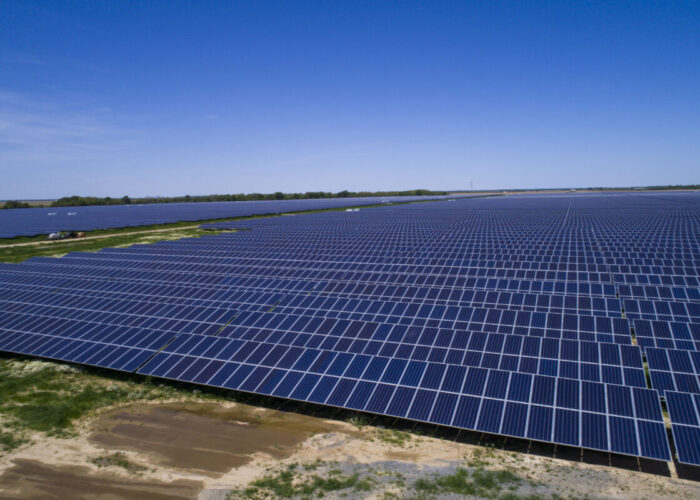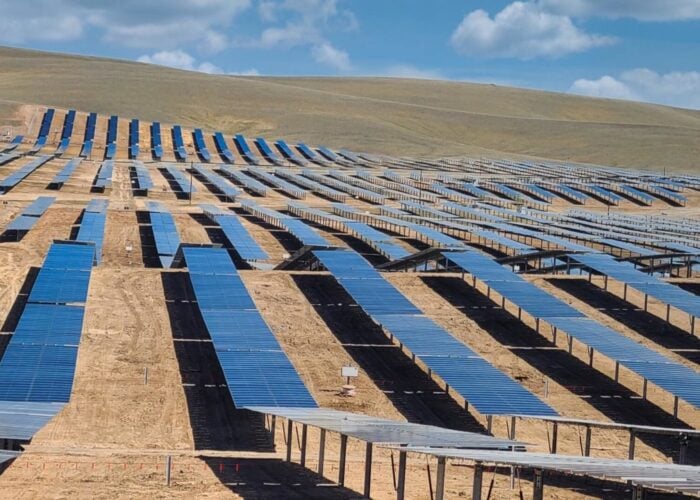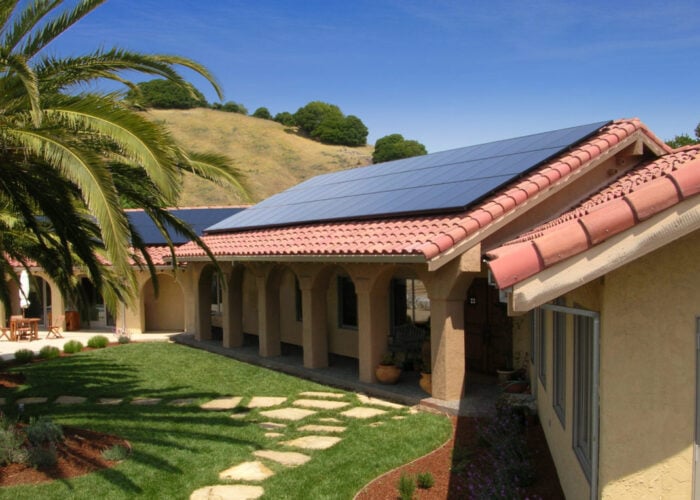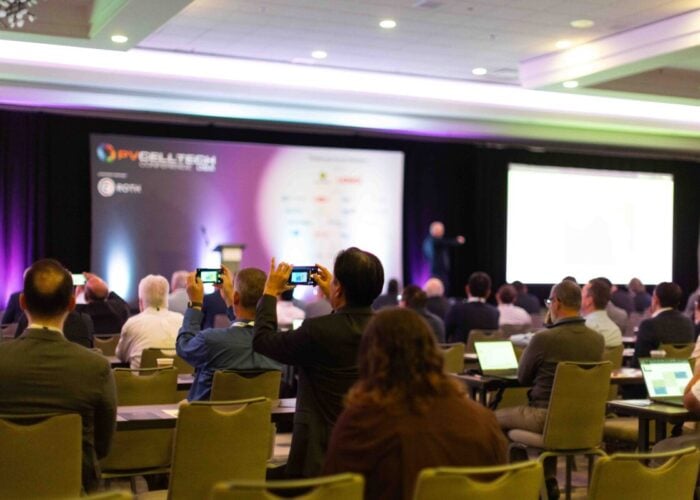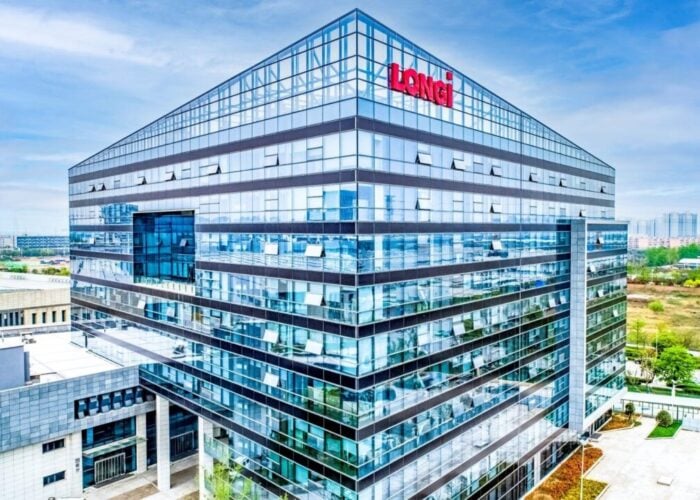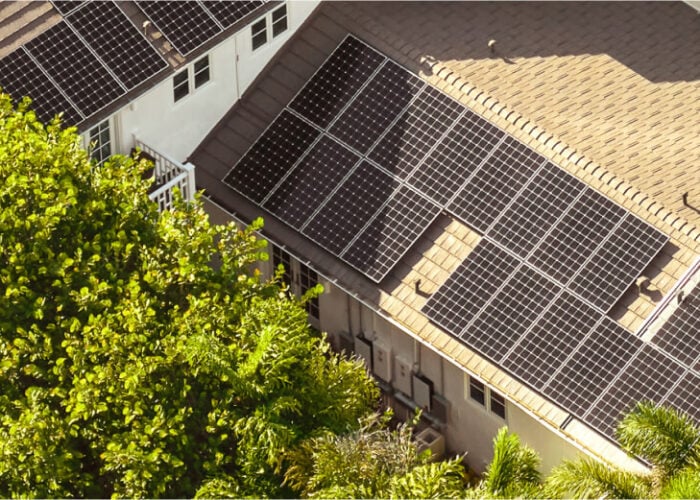EU ProSun, the alliance of European solar manufacturers that brought the Chinese anti-dumping case, has said it is confident the European Court will rule that the resolution of the deal is not in line with the commission’s own rules.
On Monday, EU member states backed the price undertaking that limits module imports to 7GW annually at a minimum price of €0.56 per Watt. Companies outside the agreement or in breach of it are liable for punitive import duties averaging 47.6%.
Try Premium for just $1
- Full premium access for the first month at only $1
- Converts to an annual rate after 30 days unless cancelled
- Cancel anytime during the trial period
Premium Benefits
- Expert industry analysis and interviews
- Digital access to PV Tech Power journal
- Exclusive event discounts
Or get the full Premium subscription right away
Or continue reading this article for free
Milan Nitzchke, president of EU ProSun told PV Tech that he was confident the negotiated deal with the Chinese Chamber of Commerce would be found to be short of legal definitions of price undertakings.
“We know [the court is] seriously investigating but we can’t foresee when they will take a decision,” he said. “What I can foresee, as the undertaking is so arbitrary and so far beyond the EU legal framework, I am absolutely sure that the European Court will tell the commission that it has not been done on a legal basis.
“The EU trade law says that the adequate measure on dumping is to impose tariffs and they have to be designed to eliminate the injury to the European industry caused by the dumping. Then the directive says it is allowed to agree to an undertaking, with for example minimum prices, if one can expect that the injury will also be eliminated,” explained Nitzchke.
“We believe the commission knows it is on thin ice with that. What it has done is agree a minimum price that is even lower than the price for Yingli and Trina modules at the time of the negotiation. If the commission determined those were dumping prices then it can’t eliminate the injury [they cause] by fixing exactly those prices. It’s not possible, it makes no sense at all and so it is not fulfilling what the directive asks for from an undertaking.”
The Alliance for Affordable Solar Energy(AFASE), which campaigned against trade policies that could drive up the price of PV components for the downstream industry, told PV Tech that it could not speculate on how the European Court would rule.
Risk
Nitzchke said his organisation was seeking “fair and legal” trade and that he had no problem with a price undertaking if it could deliver the level playing field he seeks.
He warned that Chinese manufacturers that look to offer add-ons for buyers in Europe could expose European importers to the cost of the 47.6% duties.
“If a company exports for the minimum €0.56 price and an importer is allowed to pay for them in 180 days, that increases the necessary minimum price because those payment terms are worth something.”
Nitzchke said that if the manufacturer was found out it would be excluded from the protection of the price undertaking and the importer would be left with a bill to cover the punitive anti-dumping levy, creating “a huge risk for importers”.
“The problem is that the paperwork is confidential. A few manufacturers have published their figures but it is hard for a European importer to comply with the undertaking if they don’t know what it says.”
AFASE said it was not possible to prevent dumped modules from reaching the European market.
“Circumvention is always a possibility irrespective of whether duties or undertaking are imposed,” a spokesman for AFASE said. “In this case it is essential that the undertaking and duties be applied consistently to ensure that importers and users who purchase solar products in compliance with the undertaking are not unfairly penalised.
“Compliance with the minimum price is normally the responsibility of the producer-exporter,” he noted.
Nitzchke said he is collecting evidence of possible price breaches that have already occurred since the undertaking came into force in August.
“It seems there have been some breaches. Some companies might be selling out of inventories built up before the undertaking. The commission has to investigate, I am only collecting information,” he said.
In the meantime he expects to see more bankruptcies in Europe and elsewhere.
“We may see bankruptcies in china as well but the state banks are still financing unprofitable manufacturers, but in the end we may see some market consolidation in China.”

